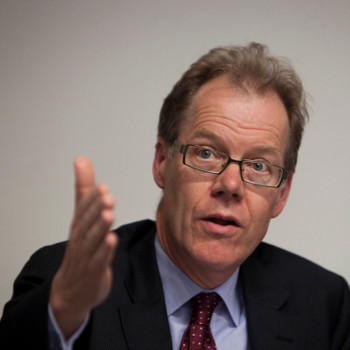ICO Gets The Extra Funding It Asked For

The privacy watchdog gets money to cope with the additional workload created by the controversial DRIP bill
The Information Commissioner’s Office (ICO) will receive more funding to monitor the implementation of the controversial Data Retention and Investigatory Powers (DRIP) bill.
The Home Office told the BBC that information commissioner Christopher Graham will receive money to cover “extra duties imposed on him by the regulations”, although the exact figure is currently unknown.
Just last week Graham complained about ICO losing access to the funding it needs to continue its work, in the organisation’s annual report.
A DRIP more money
DRIP is meant to replace a set of European regulations which required communications providers to store user metadata for up to 12 months. These regulations were found to breach citizen privacy by the European Court of Justice in April, and now are no longer in force.
 The new emergency bill was designed to allow the UK’s surveillance agencies to continue requiring providers to keep metadata on their servers until December 2016, when the legislation will be reviewed. The metadata includes location, date and recipient for various types of communications including calls, emails and texts.
The new emergency bill was designed to allow the UK’s surveillance agencies to continue requiring providers to keep metadata on their servers until December 2016, when the legislation will be reviewed. The metadata includes location, date and recipient for various types of communications including calls, emails and texts.
DRIP gathered cross-party support despite widespread criticism that it enshrines government surveillance while having been fast-tracked through parliament in just three days.
According to Graham, the quick introduction of DRIP was as much a surprise for the ICO as for anyone else. The bill is expected to put more pressure on the organisation which enforces the Data Protection Act.
As a result, ICO will need more resources, which will be provided by the government. A spokesman for the Home Office said the exact figure hasn’t been set in stone.
Graham told BBC Radio 5 that next year, he expects to hire a team of outdoors whose only job will be to monitor the implications of DRIP bill.
Earlier today, ICO announced it had impsed a £150,000 fine on a UK travel company for lax security practices, which led to the theft of more than a million credit and debit card records.